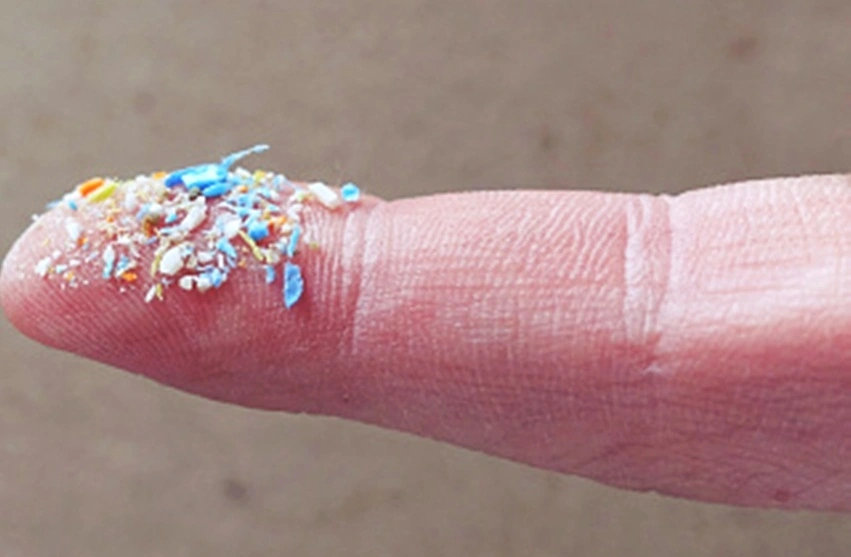

Previous studies have shown that some plastic materials, including polypropylene baby bottles and polyethylene terephthalate tea bags, can shed microscopic and nanoscale particles into heated liquids
<p>
<strong>Love to buy takeaway coffee in disposable cups or use nylon cooking bags such as those used in baking liners? Beware, these may be loaded with microplastics harmful for health, warns a study.</strong></p>
<p>
Food-grade plastics come into contact with a variety of foods and drinks that people consume every day.<br />
<br />
For instance, nylon cooking bags help keep food moist in the oven and make clean-up easier for slow cookers. Likewise, plastic-lined paper cups are designed to keep liquids hot and prevent them from leaking out.<br />
<br />
However, according to the study published in ACS&#39; Environmental Science &amp; Technology these are an underappreciated source of nanoparticles.<br />
<br />
Researchers at the National Institute of Standards and Technology, US, report that the plastic in these products release trillions of nanometre-sized particles into each litre of water that they come in contact with. While that sounds like a lot, the team noted that these levels are under the regulatory limits for consumption.<br />
<br />
Previous studies have shown that some plastic materials, including polypropylene baby bottles and polyethylene terephthalate tea bags, can shed microscopic and nanoscale particles into heated liquids, though the human health implications of ingesting these particles are unclear.<br />
<br />
To explore whether food-grade plastic films can also be a source of small plastic particles, the team led by Christopher Zangmeister from the Institute poured room temperature or hot water into nylon slow cooker bags and low density polyethylene-lined cardboard cups from different retailers.<br />
<br />
After keeping the slow cooker hot for an hour, the researchers found that 35 trillion plastic nanoparticles leached into the litre of water in each bag.<br />
<br />
When the team put hot liquid in 12-fluid-ounce cups for 20 minutes, 5.1 trillion plastic nanoparticles per litre leached out.<br />
<br />
Both materials released considerably fewer nanosized particles into room temperature water.<br />
<br />
&quot;A person would have to drink 13 cups of hot water from a plastic-lined cup or half a litre of water from the cooking bag to consume the equivalent of one nanoplastic particle for every seven cells in a person&#39;s body,&quot; Zangmeister said.<br />
<br />
However, the number of particles that migrated from the food-grade plastics into both the room temperature and hot water are still well below the levels for safe human consumption, according to US Food and Drug Administration limits.</p>
<p>
<strong>Also Read: <a href="https://www.indianarrative.com/tech-news/bsnl-gives-another-gbps-global-bandwidth-to-north-east-states-via-bangladesh-for-high-speed-internet-166090.html">BSNL gives another 10 Gbps global bandwidth to North-East states via Bangladesh for high-speed Internet&nbsp;</a></strong></p>
The ongoing "Haqooq Do, Dam Banao Tehreek" protest, led by Amir Quaid, entered its 25th…
The Indian Space Research Organisation on Thursday announced the successful completion of its SpaDeX mission's…
Taiwan's Ministry of National Defence (MND) reported 20 sorties of People's Liberation Army (PLA) aircraft,…
Prime Minister Narendra Modi and his Mauritius counterpart Navinchandra Ramgoolam have agreed to facilitate trade…
Baloch Human Rights Council Information Secretary Khurshid Ahmed on Thursday said that the Jaffar Express…
The Bangladesh Hindu Buddhist Christian Unity Council, the largest minority group in Bangladesh, claimed on…